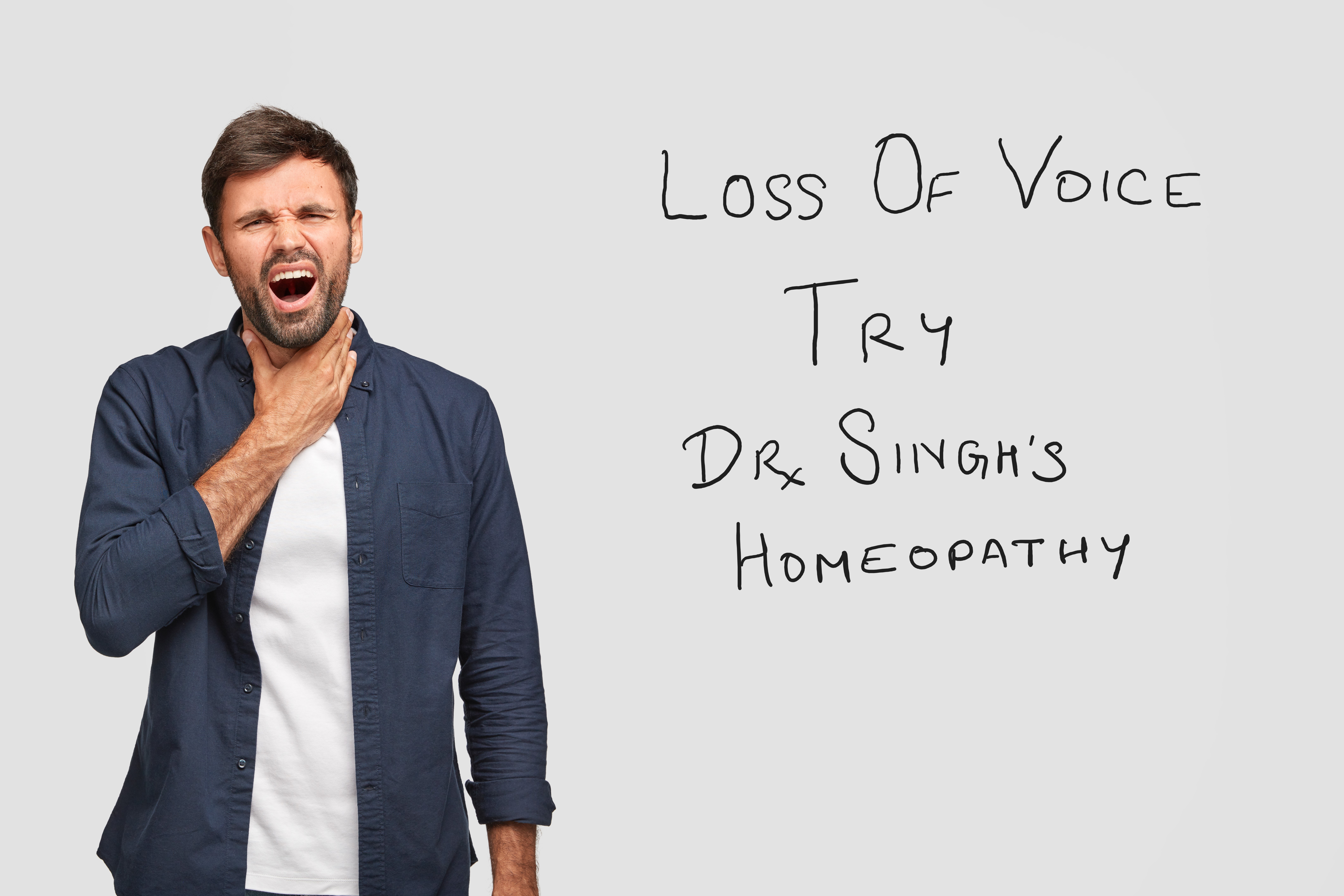Treatments Respiratory Ailments Aphonia

Aphonia: Understanding the Loss of Voice
Aphonia refers to the complete loss of voice or the inability to speak. It occurs when there is a disruption in the normal functioning of the vocal cords, which are responsible for producing sound during speech. The condition can affect people of all ages, but it is more commonly observed in adults.
The human voice is a remarkable instrument, capable of expressing our thoughts, emotions, and desires. It allows us to communicate, connect with others, and convey our identities. However, imagine a world where you suddenly lose the ability to speak. This condition, known as aphonia, is a rare but distressing disorder that affects the vocal cords and renders an individual unable to produce normal speech. In this article, we will explore aphonia, its causes, symptoms, and available treatment options.
Understanding Aphonia
Aphonia refers to the complete loss of voice or the inability to speak. It occurs when there is a disruption in the normal functioning of the vocal cords, which are responsible for producing sound during speech. The condition can affect people of all ages, but it is more commonly observed in adults.
Causes of Aphonia
Symptoms of Aphonia
The primary symptom of aphonia is the inability to produce sound or speak. Other accompanying symptoms may include:
Treatment Options
The treatment for aphonia depends on the underlying cause and severity of the condition. Some common treatment options include:
1. Speech Therapy: Speech therapy plays a crucial role in rehabilitating individuals with aphonia. A speech-language pathologist can teach techniques to improve vocal cord control, breath support, and resonance, helping individuals regain their ability to speak.
2. Medications: In cases where aphonia is caused by infections or inflammation, medications such as antibiotics or anti- inflammatory drugs may be prescribed to address the underlying condition.
3. Surgical Interventions: In certain cases, surgical interventions may be necessary to correct structural abnormalities or repair damaged vocal cords. Procedures like vocal cord injection, laryngeal framework surgery, or laser surgery can help restore vocal function.
4. Psychological Support: For cases of functional aphonia with underlying psychological factors, therapy or counselling may be beneficial in addressing the emotional causes and promoting recovery.
Role Of Homeopathy
Homeopathy works very promptly and accurately in cases of aphonia; due to laryngitis, GERD, polyps or other respiratory ailments. There is no need to go for surgery when you can be cured, you can contact DR. SINGH’S HOMEOPATHY for a personalized treatment plan.
Conclusion
Aphonia is a challenging condition that can significantly impact a person’s quality of life and communication abilities. Prompt diagnosis and appropriate treatment, including speech therapy, medical interventions, and psychological support, can often help individuals regain their voice. If you or someone you know experiences persistent voice loss, you can contact Dr. Singh’s Homeopathy for a comprehensive evaluation and appropriate management.

